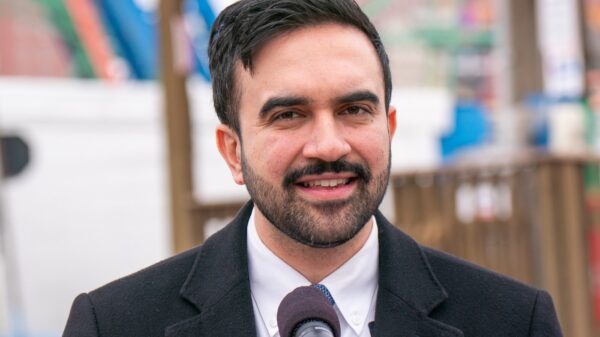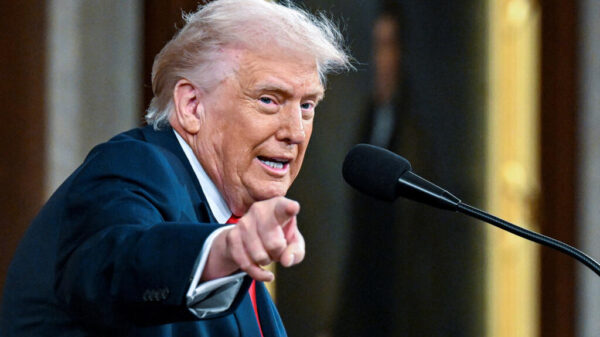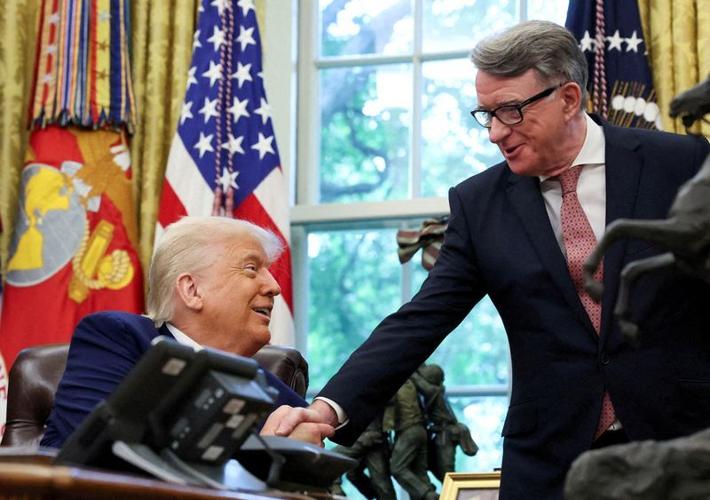The United Kingdom has officially removed Peter Mandelson from his position as ambassador to the United States, following scrutiny over his connections with the late convicted sex offender Jeffrey Epstein. The decision, announced by the UK Foreign Office on March 7, 2024, comes in light of new information regarding the nature of Mandelson’s relationship with Epstein.
Mandelson, a prominent figure in the Labour Party and instrumental in its successes under former Prime Minister Tony Blair, faced renewed criticism after the release of a birthday book that included a letter allegedly penned by him. In this letter, Mandelson referred to Epstein as “my best pal,” raising concerns about his judgment and associations.
The Foreign Office stated, “In light of the additional information in emails written by Peter Mandelson, the Prime Minister has asked the Foreign Secretary to withdraw him as ambassador.” This indicates that the depth of Mandelson’s ties to Epstein was not fully disclosed at the time of his appointment.
New revelations suggest that Mandelson had previously stated that Epstein’s first conviction should be challenged, a claim that the Foreign Office described as “new information.” The ministry emphasized that this communication significantly alters the understanding of Mandelson’s relationship with Epstein compared to what was known during his initial appointment.
The dismissal marks a significant shift in diplomatic relations and highlights the ongoing fallout from Epstein’s extensive network and influence. As the situation develops, it underscores the importance of transparency and accountability in public office.
Mandelson’s removal from this high-profile role may lead to further discussions about the ethical implications of connections between political figures and controversial individuals. The UK government is likely to face continued scrutiny regarding the vetting processes for ambassadors and other diplomatic positions.
The ramifications of this decision may extend beyond individual reputations, potentially impacting the UK’s diplomatic relationships in Washington. The Foreign Office’s actions emphasize a commitment to uphold integrity within its ranks, especially in light of emerging details that could tarnish the reputation of the British diplomatic service.
As the story unfolds, it remains to be seen how this will affect Mandelson’s career and the broader implications for the UK’s foreign policy amidst ongoing challenges.








































































